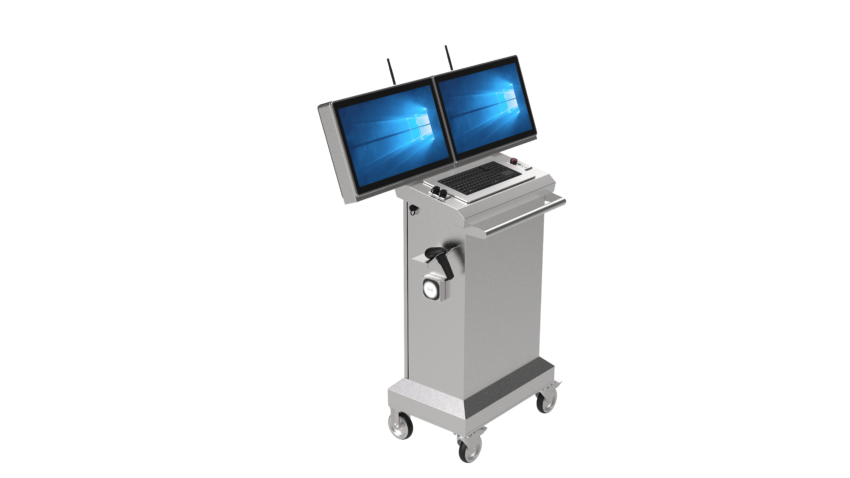Pharmaceutical manufacturers have traditionally been hindered by the need to authenticate operator identity across a complex patchwork of access points, workstations, and tools. Using badges, passwords, and other means of authentication has been slow, required the use of hands, and could always be utilized independent of the intended operator, an inherent security flaw.
In response, pharmaceutical manufacturers are increasingly turning to wearable biometric ID products like wrist-worn Nymi Bands to securely speed authentication in a hands-free manner. These innovative, wearable wristbands blend biometrics, security, and privacy, digitally empowering employees with passwordless, contactless workflow across applications, systems, and networks.
There are significant benefits to this approach:
- Employees simply wear their Nymi Band, authenticate as little as once per day, and work until they want to disconnect, according to the OEM’s solutions brief “Connected Workers in a Passwordless World.”
- When used to facilitate pharmaceutical employee entry to access points, tools, and equipment, wearable biometric identity products are significantly increasing security and productivity.
“Using unique biometric ID wearables like Nymi bands is not only more secure than utilizing credentials (such as passwords) that can be compromised, but also enables much faster access to a wide range of tools. When utilized with equipment such as mobile workstations or handheld devices that require authorization to use, the combination unlocks greater productivity,” says Paul Shu of ARISTA Corporation, a leading provider of computing platforms and visualization display products for pharmaceutical manufacturing environments.
Employees authenticate to their Nymi Band as little as once per day through their fingerprint, which takes less than a second. The device’s on-body detection capability enables an assigned employee to use it continually throughout all of their integrated applications. Employees simply take off their Nymi Band to deactivate and disconnect from their workplace, according to the OEM’s solutions brief.
Paul Shu of ARISTA Corporation notes that biometric wearables pair with short-range wireless Near Field Communication (NFC) technology to expedite identification, authorized access, and communication.
This is the case, for example, with ARISTA’s mobile workstations, which are now available with an optional NFC reader that can be used throughout pharmaceutical facilities with biometric wearables and other forms of identification.
While other mobile workstations must be plugged into the wall to function, ARISTA’s Mobile Operator Workstation can move from place to place while in operation free of wires due to its powerful lithium-ion battery. Wi-Fi capability is built into the workstations to allow for uninterrupted wireless communication in all corners of the laboratory, cleanroom, and factory.
“Biometric ID wearables like Nymi Bands are much more secure than any other NFC device, so are ideal for logging into a wide range of pharmaceutical devices. When used with equipment such as mobile workstations, the combination can further promote productivity, allowing the work to occur where needed. The technology provides greater security, convenience, and efficiency, so we expect its use to grow in the industry and beyond,” concludes Shu.
For more information, call ARISTA Corporation at (510) 226-1800; e-mail sales@goarista.com.

